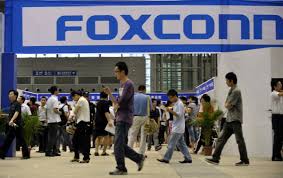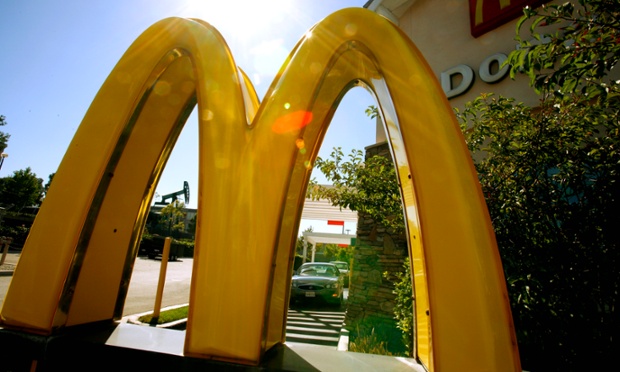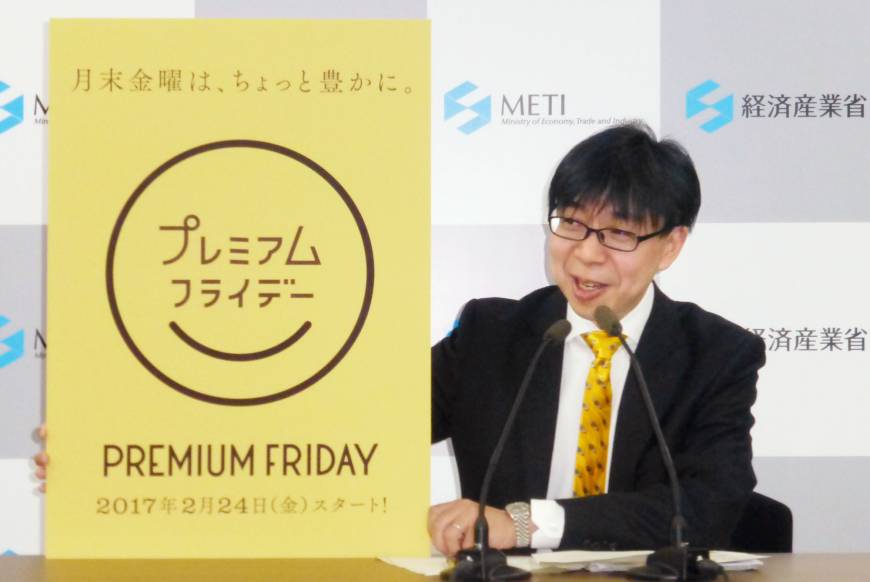The questions asked each year are whether Super Bowl advertising is worth it and what the network is charging. This year Fox charged $5 million for a 30-second spot, last year CBS charged about the same, and Comcast NBC charged about $4.5 million for a 30-second spot.
Questions:
1. How much is the per second charge for this year’s Super Bowl?
2. How do the spots this year compare with the three highest priced show 30-second spots?
3. What would be secondary exposure to the ads that this article talks about?
4. Do a cost benefit analysis of the risks associated with a Super Bowl ad, basing it on one of your favorite companies or products. Be sure to include a conclusion.
5. What costs do companies have to incur besides paying the networks for these advertisements?
Source:
Kline, D. (2017) Super Bowl Commercial Prices Rarely Pay Off for Advertisers. Newsweek, Feb. 5 (Retrievable online at http://www.newsweek.com/super-bowl-commercials-rarely-pay-advertisers-552217)


















